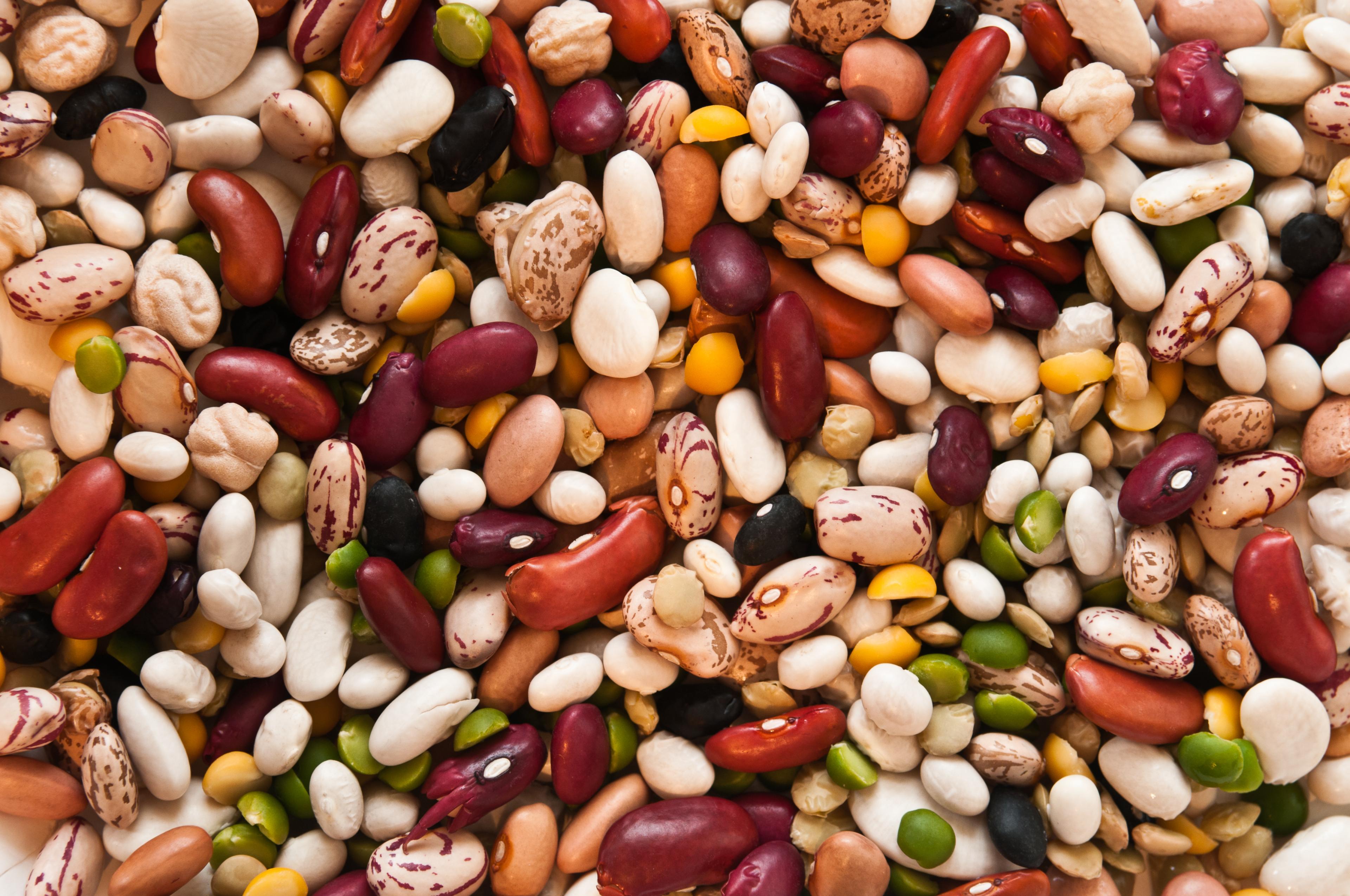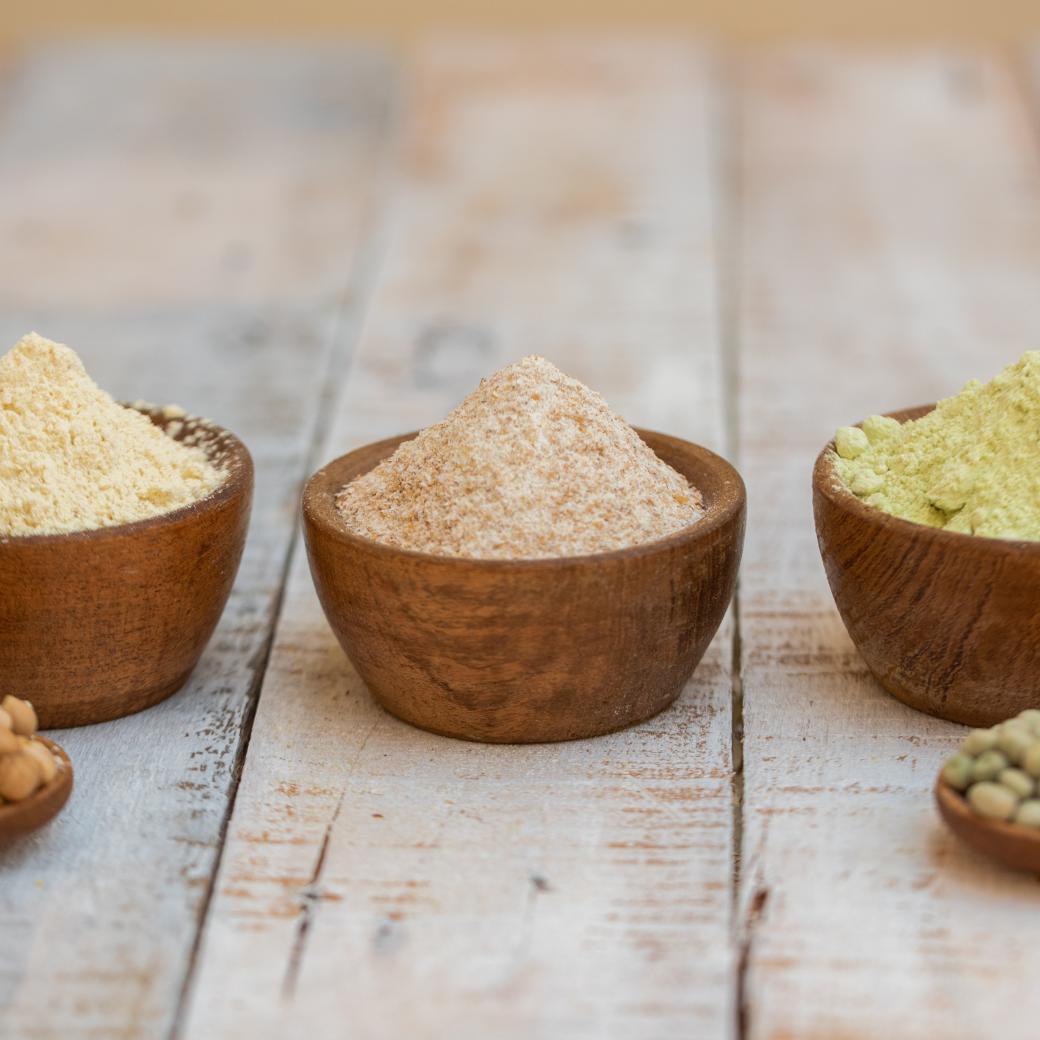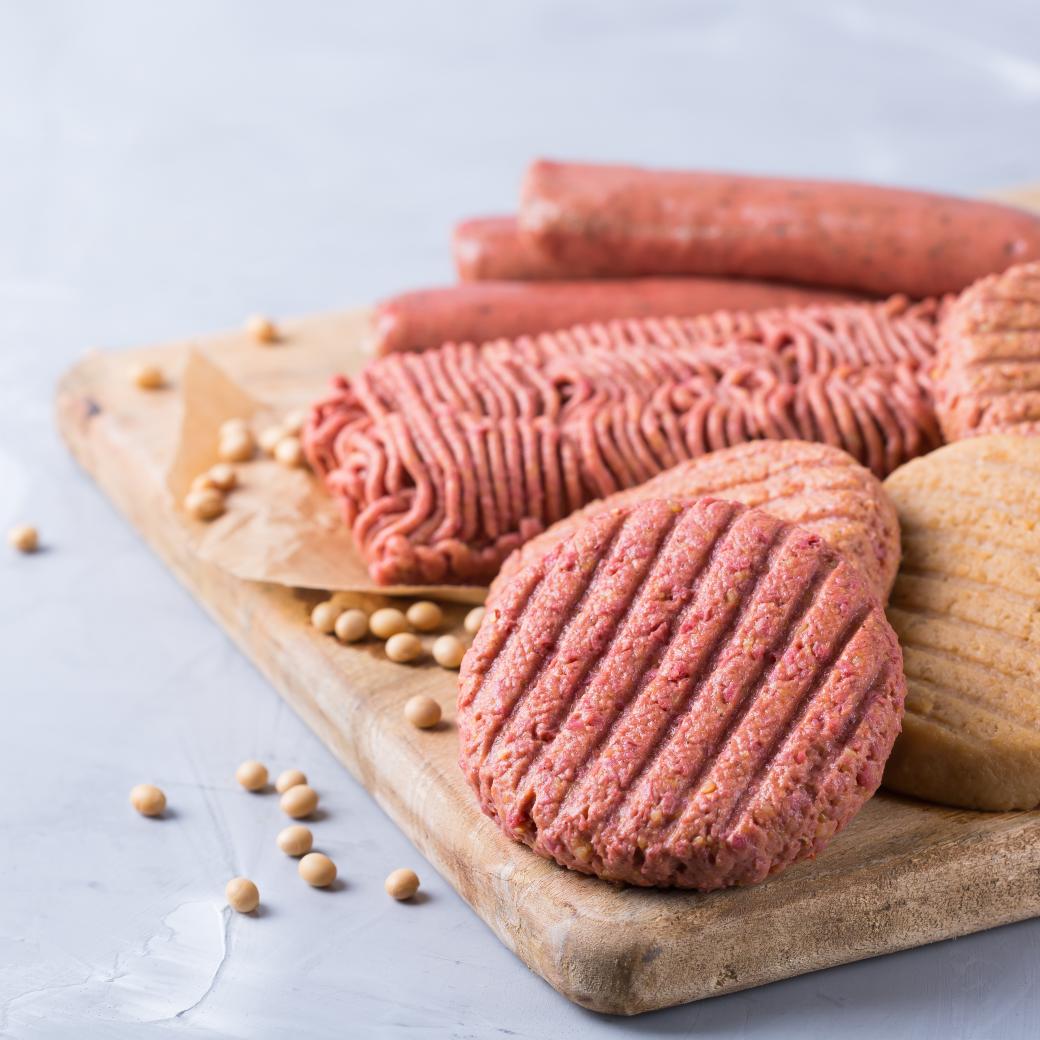A strategic research and innovation plan to accelerate the protein shift in Flanders
Protein shift
A shift in proteins means, on the one hand, switching to less animal-based food (meat, dairy, eggs, etc.) and, on the other hand, more sustainable animal production and feed. The goal is to accelerate this transition in Flanders in the next ten years.

As the world population continues to increase, so does the demand for food, and thus protein. To meet that demand, under changing and less predictable climate conditions, we need to rethink the way we produce and consume proteins to make it more sustainable. In doing so, we must not only take into account sustainability aspects such as emissions, biodiversity, land and water use and the energy efficiency of our food production. We also want to be able to offer these people healthy products with a good taste and texture. In addition, production must also be economically feasible in order to be successful on the market. In other words: there are many aspects that must be considered.
This challenge translates into a shift in protein production and consumption, since we cannot continue to feed everyone with mainly animal proteins in their diet. This does not mean that animal proteins should disappear completely from our diet, as long as this animal production, and the production of animal feed, can also be sufficiently sustainable.
The global objective of this roadmap, the acceleration of the protein shift in Flanders, should provide some clarification as to what is meant by 'protein shift'. In this context, the concept of 'protein shift' has been interpreted broadly: it includes both a shift to a diet that is less dependent on animal production, and a more sustainable and more circularly interpreted implementation of animal production. The recommendations from the 'planetary health diet' serve as a guideline in this regard, and the implementation must therefore focus on making the shift more sustainable and nutritionally responsible.
The economic feasibility and approach are also essential here. The protein transition can further strengthen the position of the Flemish food industry as an innovative and export-oriented player in the world, and gain a reputation as a frontrunner in this field thanks to its high-quality range.
The protein transition roadmap describes 7 concepts that give way to a series of research and innovation projects over a 10-year time horizon that aim to accelerate the protein transition in Flanders.












